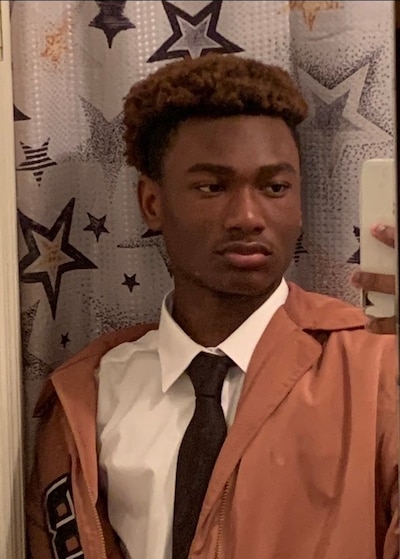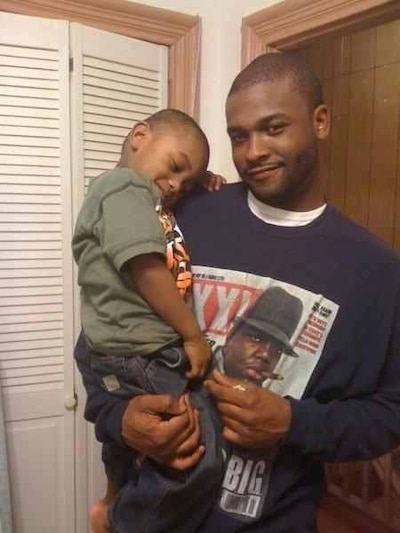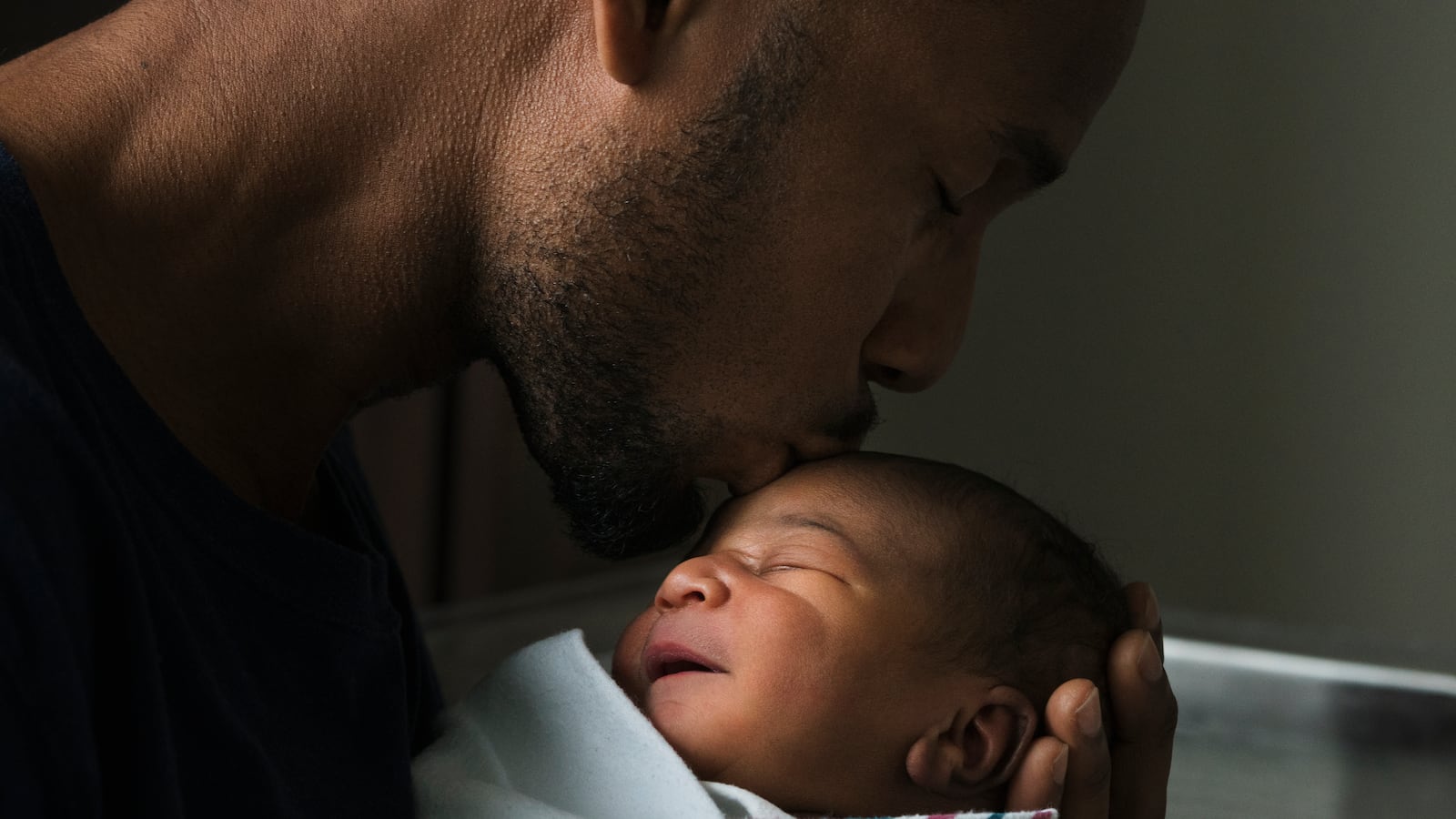In the eyes of my parents, their parents, and those who came before them, I see the ruins of lives never lived. Lives filled with laughter, ease, and comfort. Lives that know little of hardship and back-breaking work. Lives that could not be further removed from the ones they’ve actually lived.

As I excavate those ruins, I am reminded of questions posed by Langston Hughes in his poem “Harlem”:
What happens to a dream deferred?
Does it dry up
like a raisin in the sun?
Or fester like a sore—
And then run?
Does it stink like rotten meat?
Or crust and sugar over—
like a syrupy sweet?
Maybe it just sags
like a heavy load.
Or does it explode?
I imagine this poem was more rhetorical than not, but to answer it anyway, I carry the deferred dreams of my father firmly on my two shoulders. They have trickled through the generations like rain through a tree, gently dropping from one person to the next. People often cringe when they hear that I aspire to be a criminal defense attorney, in part because that was my father’s dream when he was my age. They insist that I must live my life for me and not for him. What many people do not realize is that there is no greater honor for me than to achieve what he was unable to.
My mind whirls thinking of how different my father’s life would be had he been afforded the opportunity to pursue his dreams. Growing up, I witnessed firsthand the sheer brilliance that radiated from him when we spoke about politics, literature, or film. Here is a man with the keenest of intellects, and yet the world would rather overlook and dismiss him due to his race and economic status.

About 17 years ago, I was born David Malakai Allen III. I was named for my dad, as he was named for his. This name, which now fills me with great pride and motivation, did not always do so.
When I was younger, I thought my name was a curse. I watched as the long hours my father worked at warehouses and driving trucks slowly wore him down, and caused him to feel both exhausted and somewhat jaded. I reacted to this observation with fear, even abhorrence. I thought that in giving me his name, my father had also handed me his future. A future of curtailed ambitions and of dreams deferred to the next generation. These thoughts soon fostered resentment that festered for years.
Then, when I was in my freshman year of high school, I was assigned a project centered around the meaning of my name. I sat down with my father to discuss my list of questions, and his answers both shocked and thrilled me.
He shared that while I was given the family name, I was also named with the biblical story of King David in mind. It’s a story that illustrates beautifully the idea that a person is capable of much more than they know, and they can rise above any obstacle with a steadfast faith in God.
My father went on to say that he knew from the moment he held me for the first time that I was born to accomplish something great. By naming me David Malakai Allen III, he was ensuring that not only was I imbued with a resilient spirit, but that when that great thing I am destined for does come to pass, both he and my grandfather will be there with me.
Now, with high school graduation and college enrollment only months away, I am filled with immense pride knowing that I am the first person in my family who will graduate from college. When I was younger, the pressure of carrying my family’s legacy felt debilitating. As I have grown, I can imagine no greater blessing than accomplishing something those who came before me never thought possible for themselves.
As for the questions posed by Langston Hughes: I think that, sometimes, a deferred dream becomes a seed, planted in the ground, watched and prayed over with the hope that it may bloom. In the eyes of my parents and their forebears, I see the ruins of their dreams, but I also see me. I see my ability to right generations of wrongs and ensure my children live in a world where their dreams know no bounds.
David Malakai Allen is a high school senior from Newark, New Jersey, with dreams of becoming a criminal defense attorney. As he begins his journey toward achieving that goal, he channels the strength of his family to propel him forward.


